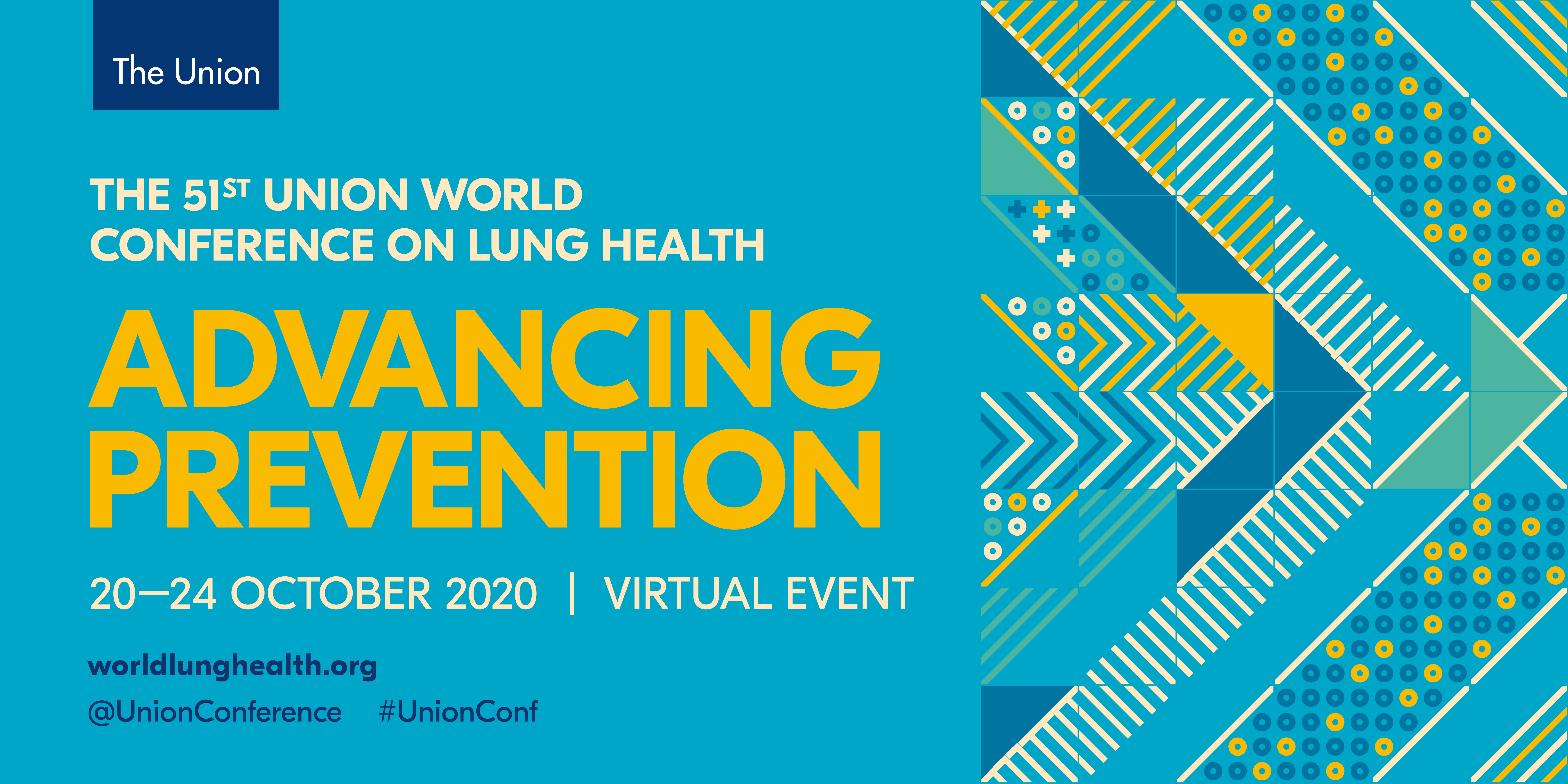Sharing insights from Nigeria’s TB program at the 51st Union World Conference on Lung Health
The SHOPS Plus tuberculosis (TB) program in Nigeria increases the availability of, and access to, TB services through a public-private mix model. The program established networks made up of different cadres of private providers, including clinical providers, patent and proprietary medicine vendors (PPMVs), community pharmacists, and private laboratories to detect, diagnose, and treat TB. The providers in the networks receive public sector supplies for diagnostic commodities and TB treatment kits. The project works closely with the public sector to implement the program, in line with the National TB program’s plan and standards.
The project brought its experience to the 51st Union World Conference on Lung Health with seven oral and poster presentations.

Using research to better engage the private sector, reduce stigma, and improve quality
SHOPS Plus staff members presented three oral presentations at the conference.
Dr. Sophie Faye spoke about the program’s experience implementing a standardized patient study in two states. The study evaluated the extent to which the PPMVs it trained to provide TB screening and diagnostic services in Kano and Lagos adhere to the national standards for management of presumptive TB. The results suggest some areas for improvement as well as areas of positive performance. Providers often miss opportunities to either initiate a TB test or refer a presumptive patient for TB. The results show that very few PPMVs, only 2%, improperly dispensed TB drugs in the study.
Ayodele Iroko presented the results of adapting the program’s social and behavioral change (SBC) interventions for TB during the COVID-19 pandemic. By adjusting their SBC strategies for increasing TB screening to increase TB detection in the community the team was able to maintain the impact of social and behavior change efforts amidst COVID-19 restrictions. Adjustments like introducing community-based cough monitors and roaming screeners at PPMV stores sustained TB case identification and service delivery in the private sector.
Lauren Rosapep shared results from the program’s quality of TB care on the adherence of private clinics to TB screening and treatment initiation guidelines. Using the study’s results, which identified opportunities for improving care, SHOPS Plus has created job aids to support more thorough counseling and modified supportive supervision to emphasize appropriate handling of confirmed clients.
Poster presentations shed more light on the private sector’s contribution to TB case detection in Nigeria
SHOPS Plus routinely analyzes it’s program data to identify issues, brainstorm new strategies, make program adaptations, and rapidly evaluates their effectiveness. Several of these findings were presented at the conference. You can view the poster presentations here.

- Abdu Adamu, SHOPS Plus Kano State coordinator, presented analyses that demonstrate that the program’s “surge” initiative that provided extra screening support through hired screeners, increased TB case finding in Kano to a greater extent than it did in Lagos.
- Ayo Iroko, the program’s senior private sector advisor, showed the contribution of community structures collaborating with private providers can mitigate the impact of COVID-19 on TB detection. An example included disseminating materials, jointly developed by SHOPS Plus and Nigeria’s National TB program, to educate the public on the distinction between TB and COVID-19 symptoms.
- Dr. Flora Nwagagbo, SHOPS Plus Lagos State coordinator, shared data showing increased TB case identification that occurred as a result of a developing comprehensive TB screening systems in collaboration with private health providers in Lagos and Kano.
- Finally, the program’s technical director, Dr. Bolanle Olusola-Faleye shared results that showed that there were no significant differences in TB case detection rates between facilities that charged fees for TB services compared to those that don’t. This eases concerns about the impact of fees on a public private mix model.
For more information regarding any of the research presented, please see our TB page here.